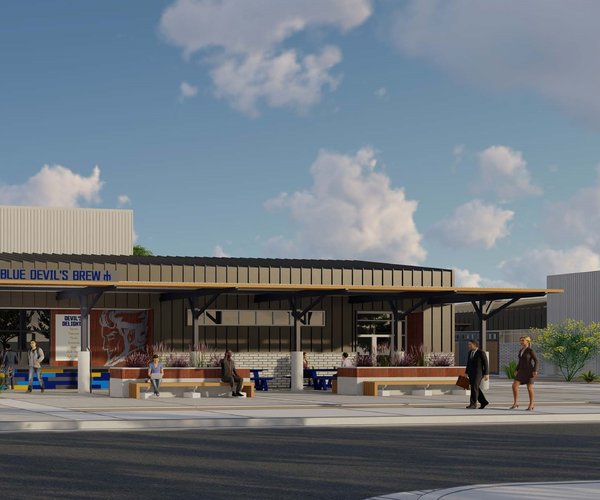The Hilmar Cheese Company announced last week it would donate $250,000 to aid in the construction of the new August A. Busch III Brewing and Food Science Laboratory at the University of California, Davis.
The laboratory will include milk processing facilities for scientific research, student training, and industry collaboration.
"Innovations in dairy products and processing are critical to meet the needs of customers worldwide and to keep the United States competitive," said John Jeter, Hilmar Cheese Company chief executive officer and president. "The research and teaching excellence at UC Davis is crucial to our continued growth and development.”
Research at the laboratory is expected to center on the separation of milk components into functional ingredients, processing feed-modified milk, and processing of milk from genetically selected cows.
Students will receive hands-on experience with raw milk cooling tanks, milk separators, pasteurizers, homogenizers, and fillers, and a membrane separation system. The laboratory will be outfitted with dairy-grade floors, walls, and ceilings, eight utility stations with chilled and hot water, culinary steam, and broad electrical capability, an advanced air filtering system, and isolated drainage.
“We are very grateful to Hilmar Cheese Company for its demonstration of support for this essential project,” said Neal Van Alfen, dean of the UC Davis College of Agricultural and Environmental Sciences. “Research and training at UC Davis helped transform California’s dairy industry into the nation’s leader. This gift not only validates our past accomplishments but reaffirms the desire for continued improvements in quality, nutritional value, and farm-level productivity.”
Upon completion, the laboratory will be part of an 11,500 square-foot complex known as the Robert Mondavi Institute for Wine and Food Science. The development also includes the California Processing Tomato Industry Pilot Plant, a brewery, an adjoining teaching and research winery, classrooms, offices, and an analytical laboratory.
The laboratory’s construction will be funded entirely through private donations. Building is scheduled to complete this summer, with occupancy to begin in the fall.






